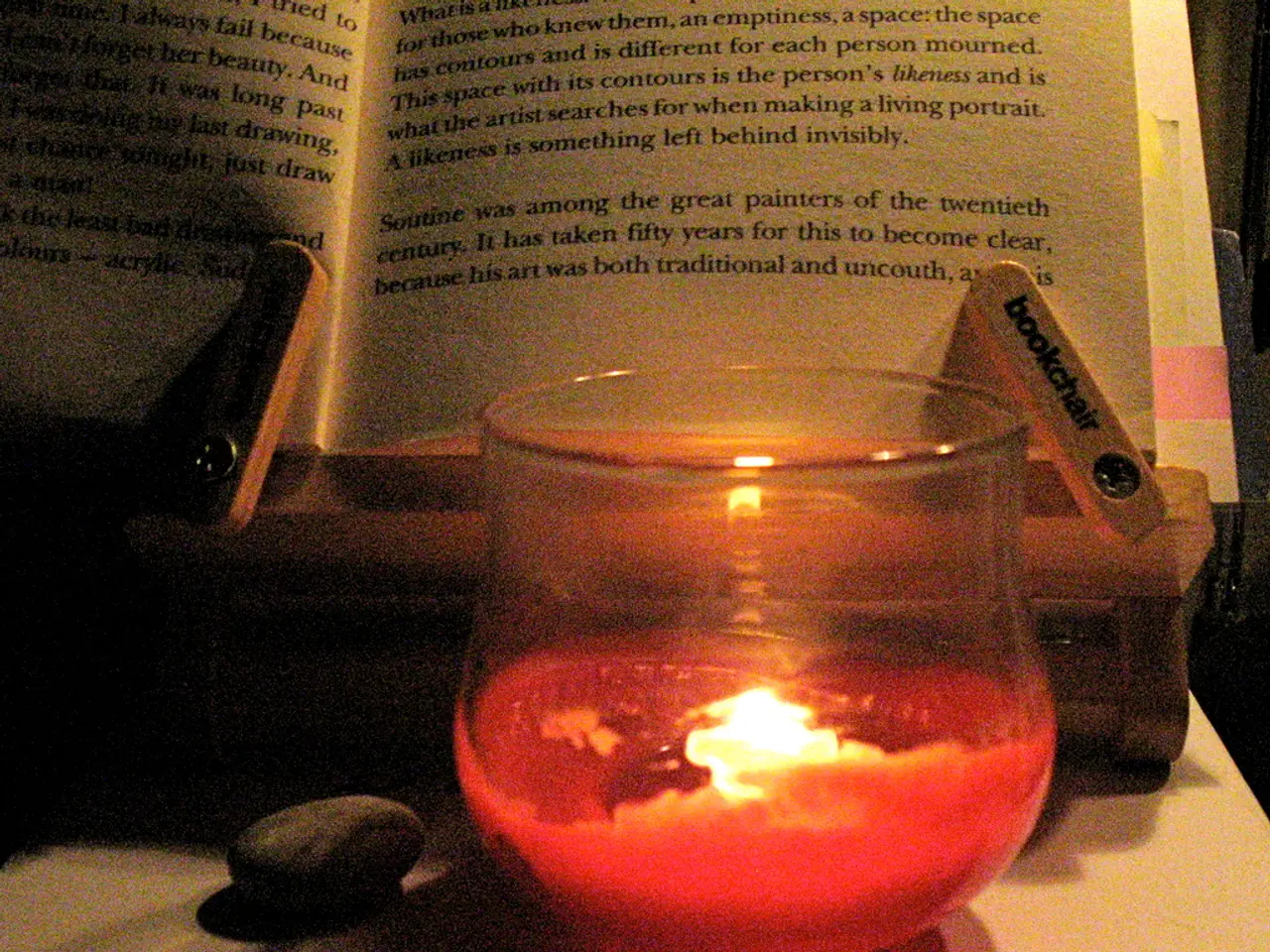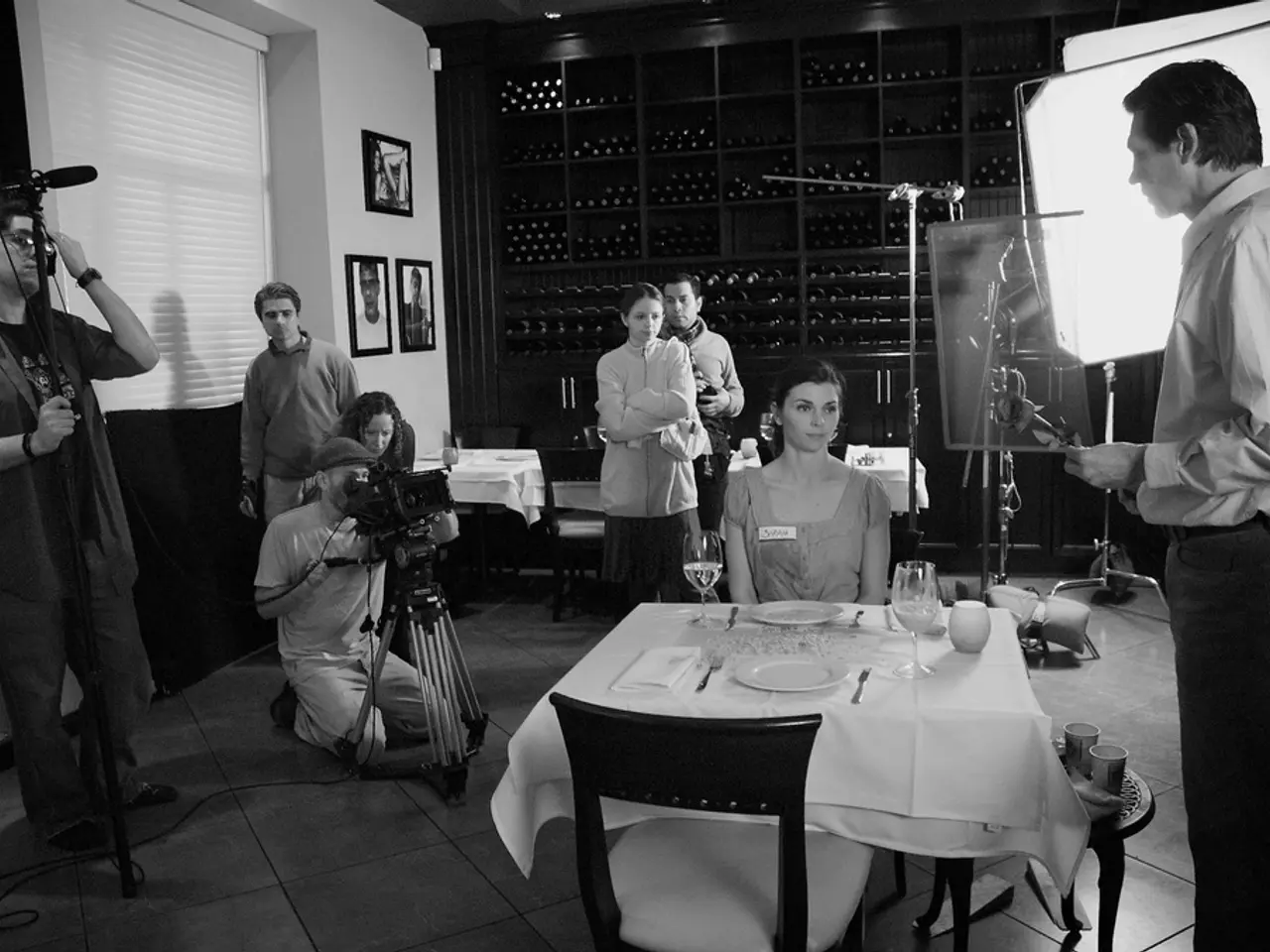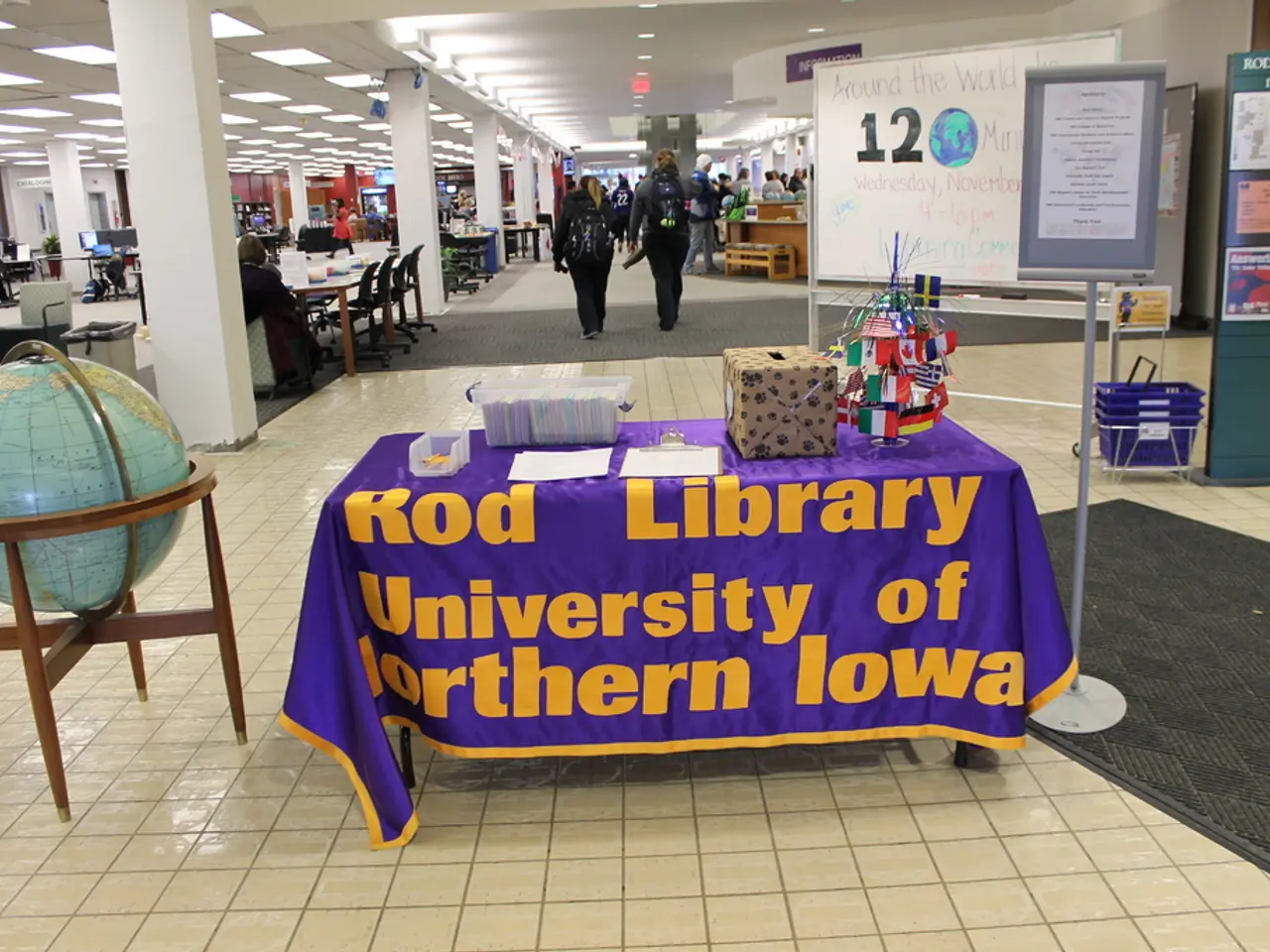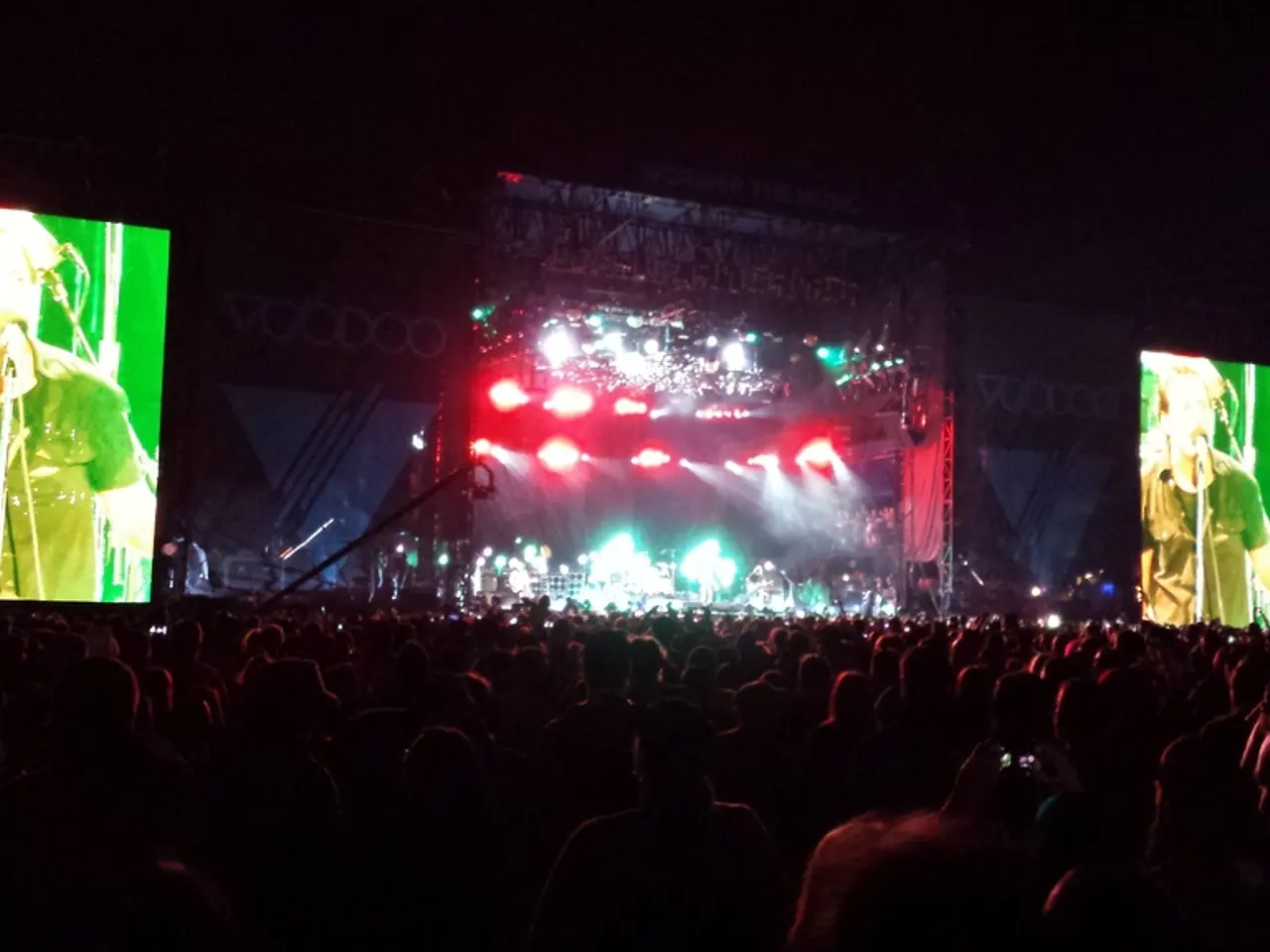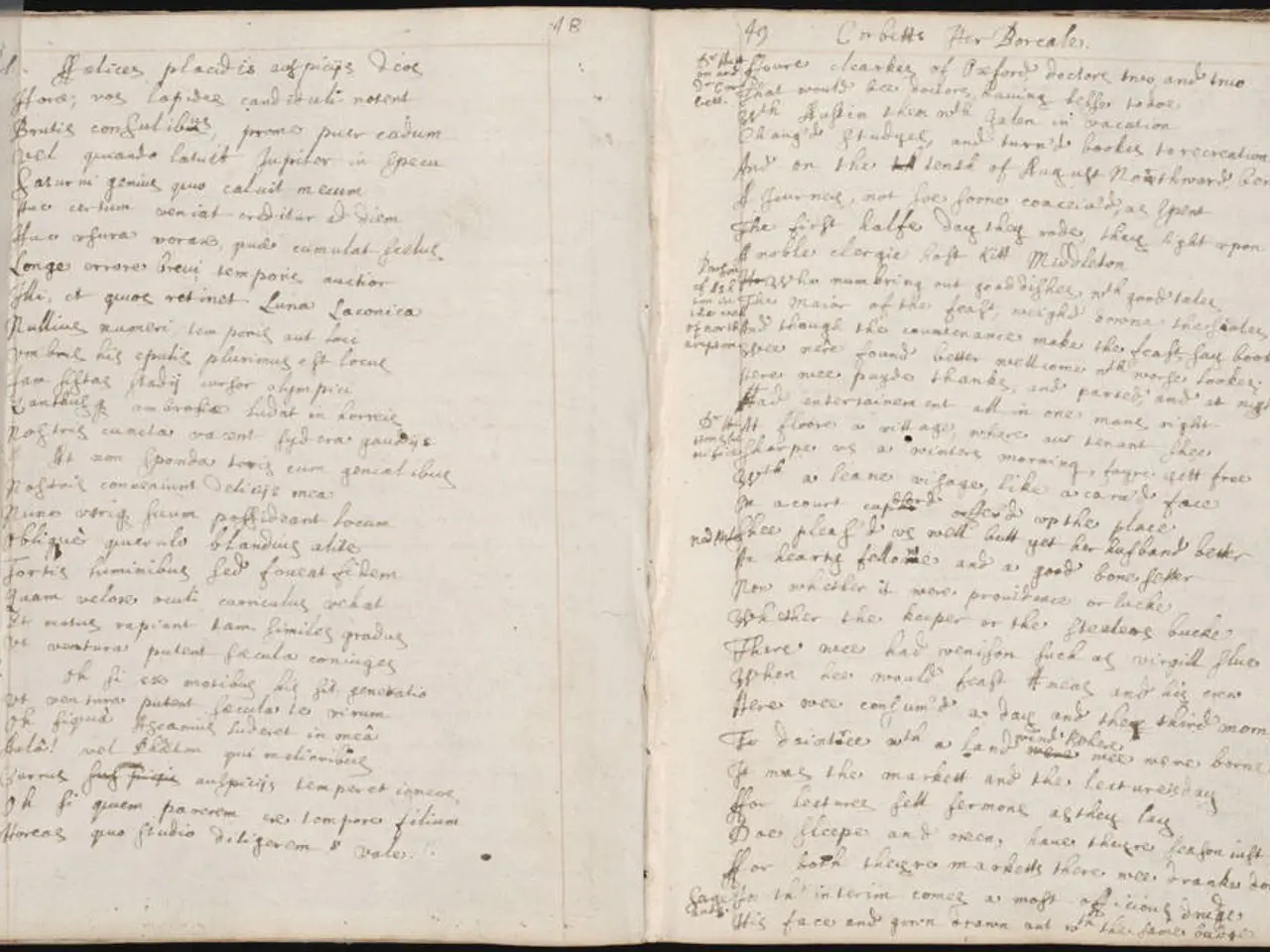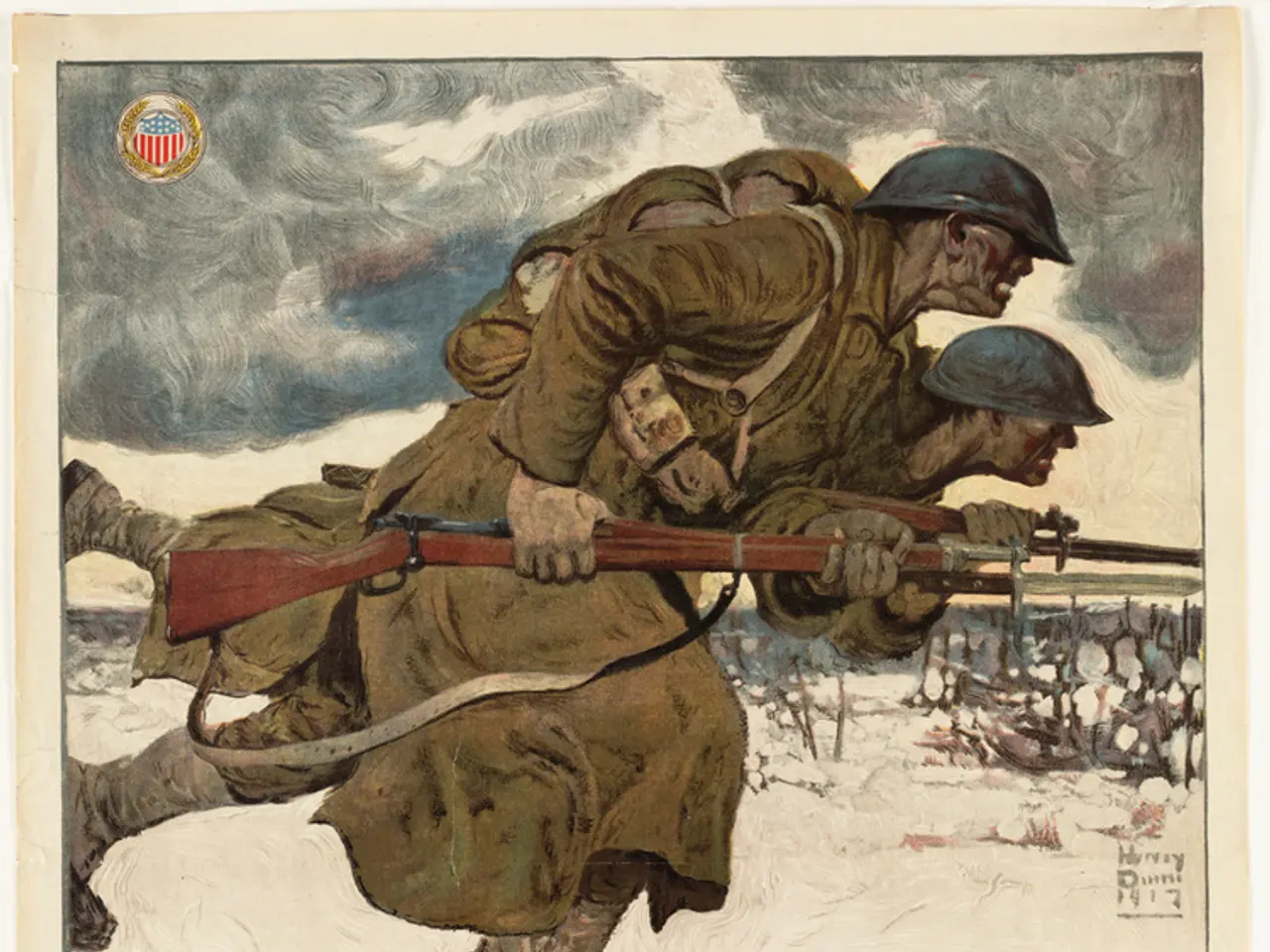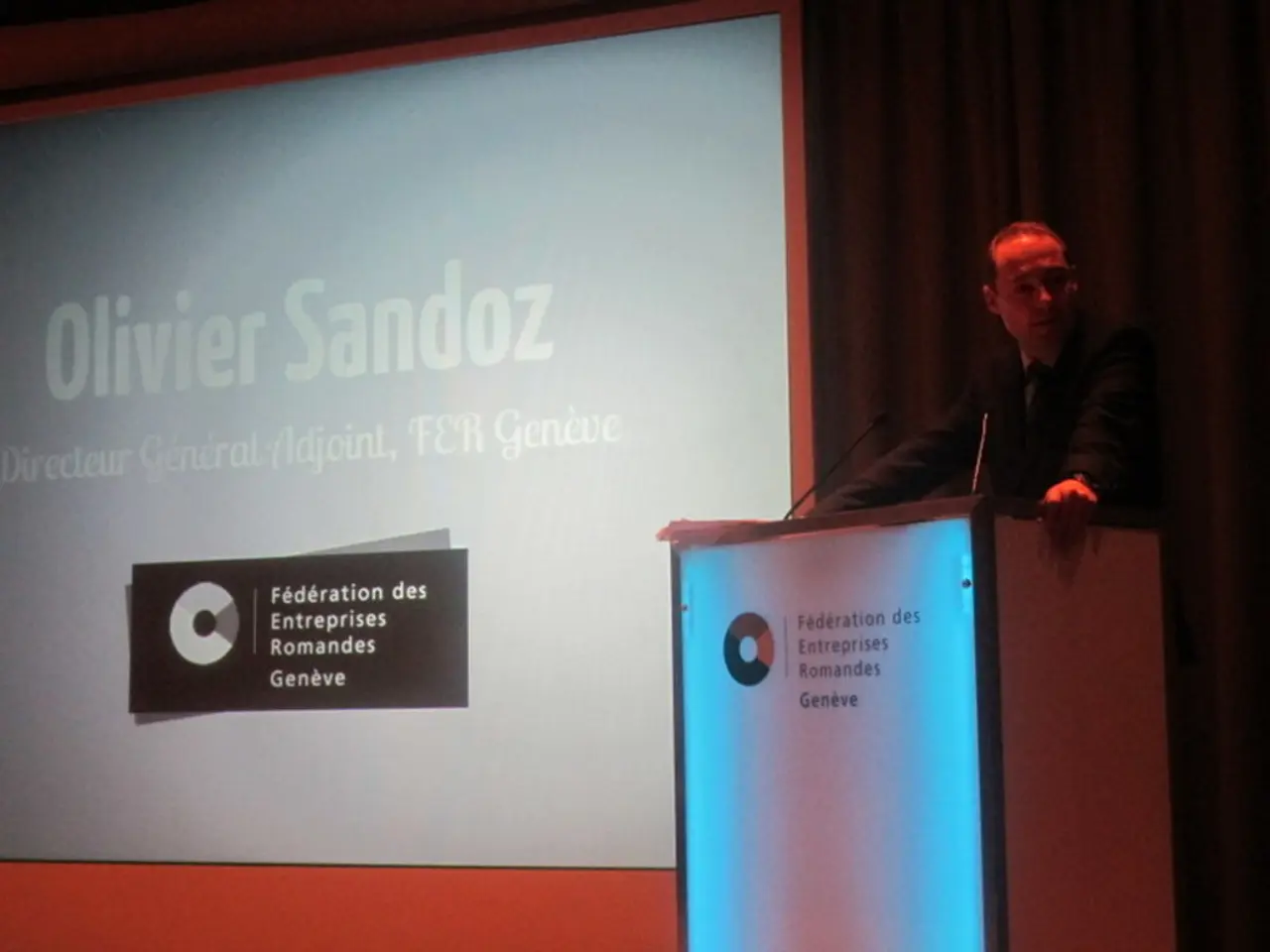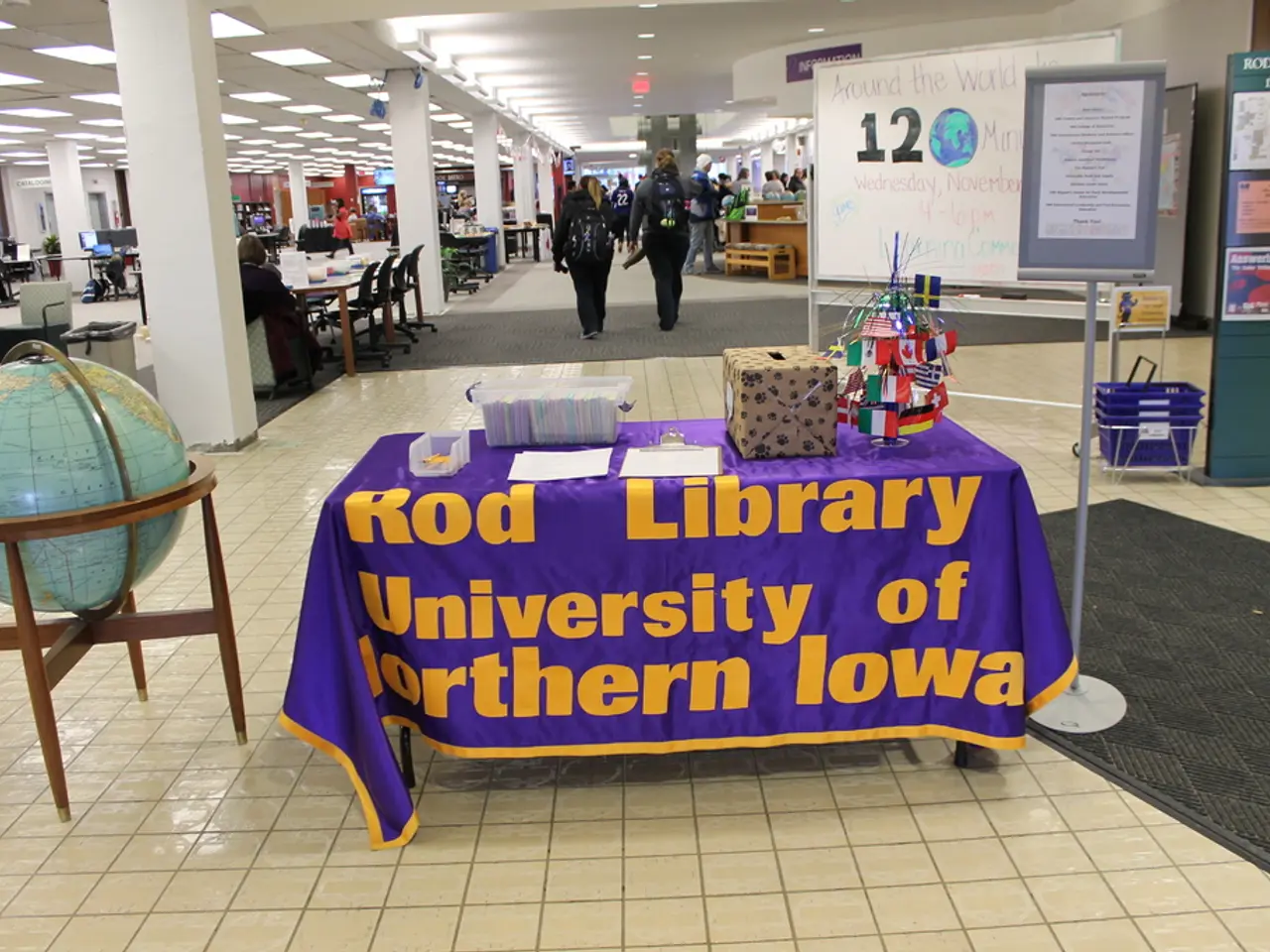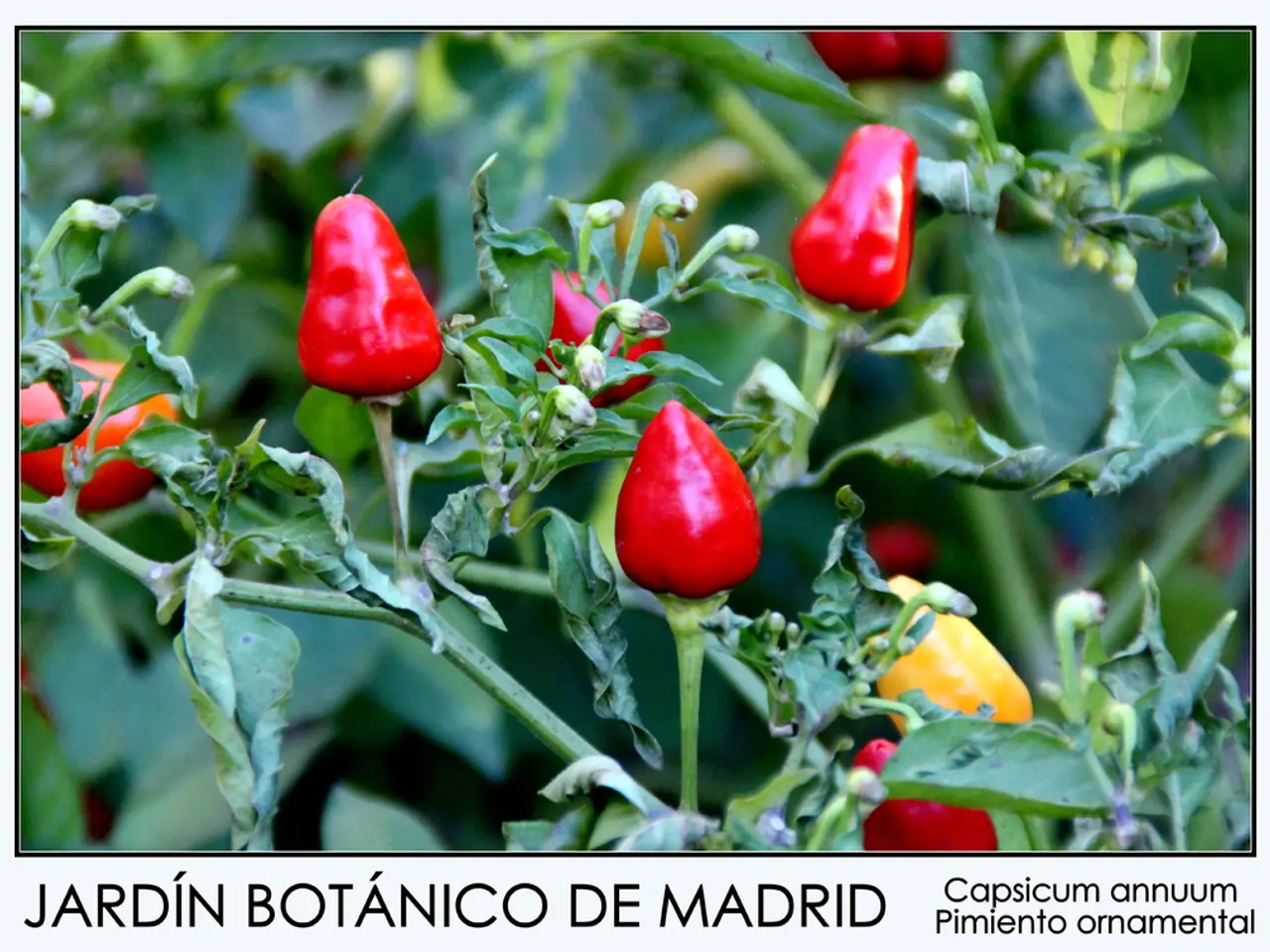Manchester's Magician John Dee and His Pact with the Devil
John Dee: Scholar, Advisor, and Occult Practitioner
John Dee, born in 1527, was a renowned figure during the late 16th and early 17th centuries. Known for his scholarly pursuits in various fields such as mathematics, astronomy, and philosophy, Dee also held a significant position as the warden of Manchester's collegiate church, the College of Christ, from 1595 to 1608 [1].
Dee's life, however, was not without controversy. His interest in the occult, particularly his attempts to communicate with angels through his scryer, Edward Kelley, has led to a mythical reputation that often overshadows his scholarly achievements [3]. One such myth is the idea of a meeting with the Devil, a notion that has no credible historical evidence linking Dee to such an event, especially in relation to Manchester [3].
Dee's connection to Manchester is primarily official and scholarly. A note from him on August 19, 1597, suggests he received the Earl and Countess of Derby at 'Alport lodging', which appears to refer to an old village at the end of Deansgate [2]. However, any stories connecting Dee, devil meetings, and Manchester are more likely legends or embellishments rather than documented facts.
Dee's mystical practices were more broadly associated with his European travels and court intrigues than specifically with Manchester [3]. During this period, he is believed to have worked as a spy for Queen Elizabeth, traveling to cities such as Krakow and Prague [4].
John Dee's life and work continue to captivate artists and writers. His time as advisor to Elizabeth I, his occult practices, and his angelic communications are all subjects of interest. Notable works exploring these aspects include Deborah E. Harkness's book "John Dee's Conversations with Angels: Cabala, Alchemy, and the End of Nature" and Benjamin Woollet's "The Queen's Conjuror: The Life and Magic of Dr. Dee: The Science and Magic of Dr. Dee" [5][6].
In Manchester, Chetham's Library, the oldest public library in Britain, houses some of John Dee's personal belongings [7]. The library has also been the site of intrigue, with the Manchester Area Psychogeographic group believing the Corn Exchange, now standing where an old street may have been, was the site of Dee's former residence [8]. In 1996, the group even attempted to levitate the building in a bid to connect with Dee's spirit [8].
Despite the controversy surrounding his occult practices, John Dee's contributions to various fields of study are undeniable. His life serves as a fascinating study of the intersection between science, magic, and politics during the Elizabethan era.
References:
- BBC - History - John Dee: The Elizabethan Magus
- Manchester Libraries - John Dee
- Britannica - John Dee
- Britannica - Alchemical Philosophy
- Harkness, Deborah E. John Dee's Conversations with Angels: Cabala, Alchemy, and the End of Nature
- Woollett, Benjamin. The Queen's Conjuror: The Life and Magic of Dr. Dee: The Science and Magic of Dr. Dee
- Chetham's Library - John Dee
- Manchester Evening News - Corn Exchange levitation attempt
Folklore surrounding John Dee's life in Manchester includes stories of his former residence being the site of the Corn Exchange, as suggested by the Manchester Area Psychogeographic group [8]. His mystical practices, including angelic communications and occult studies, have made him a subject of interest in pop-culture, with works such as Deborah E. Harkness's "John Dee's Conversations with Angels" exploring these aspects [5]. Today, Chetham's Library in Manchester, the oldest public library in Britain, holds some of Dee's personal belongings [7], linking him to the city's cultural heritage and the world of entertainment that surrounds his legacy.
